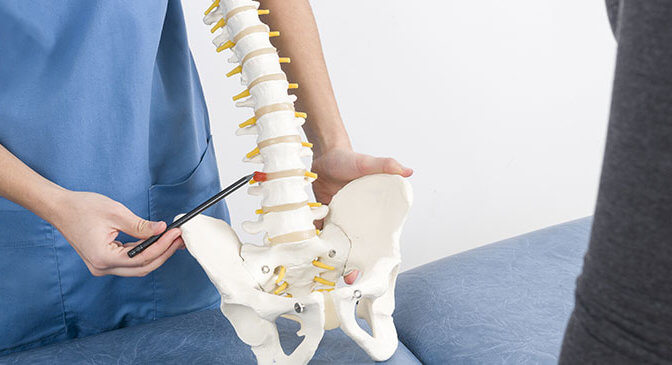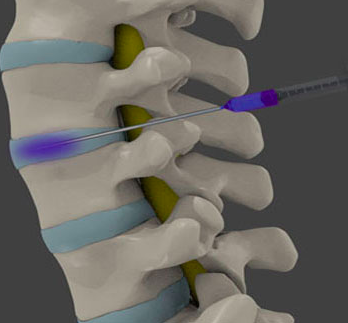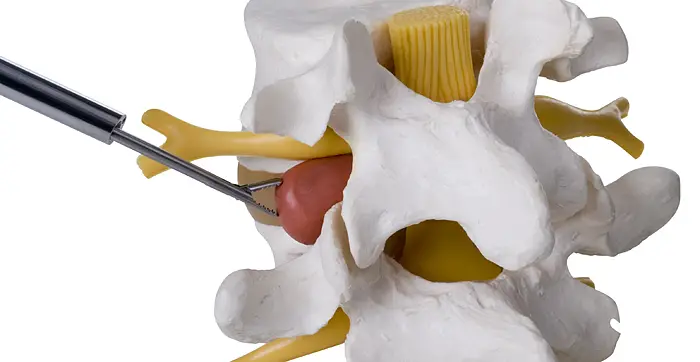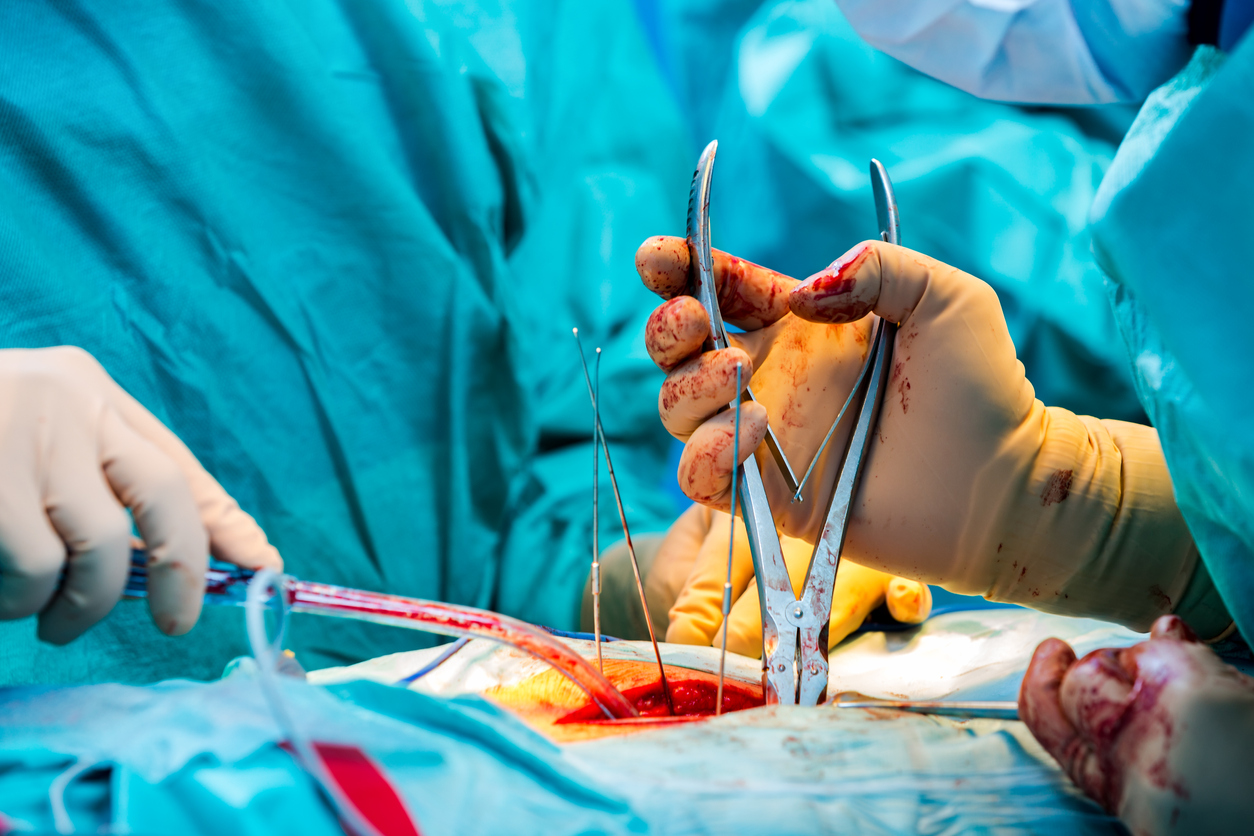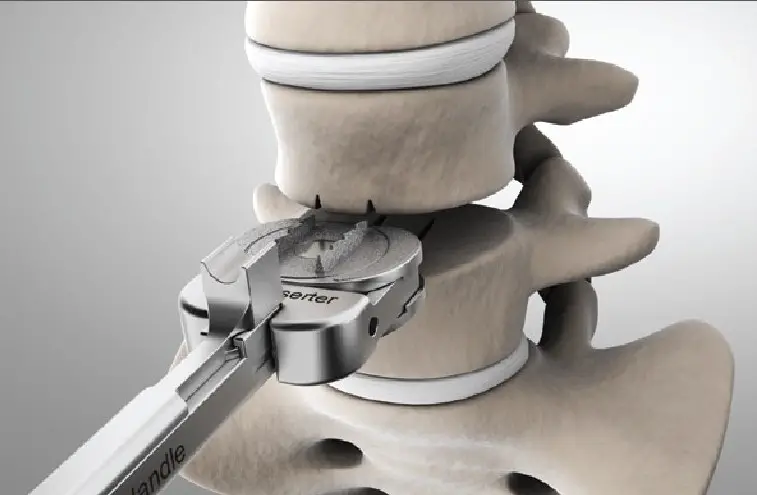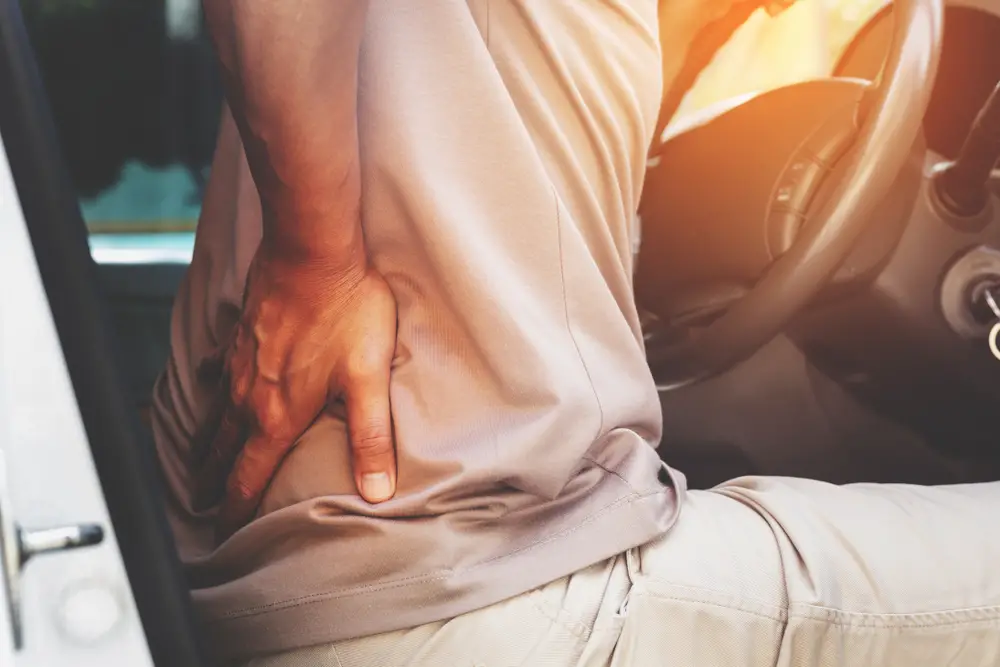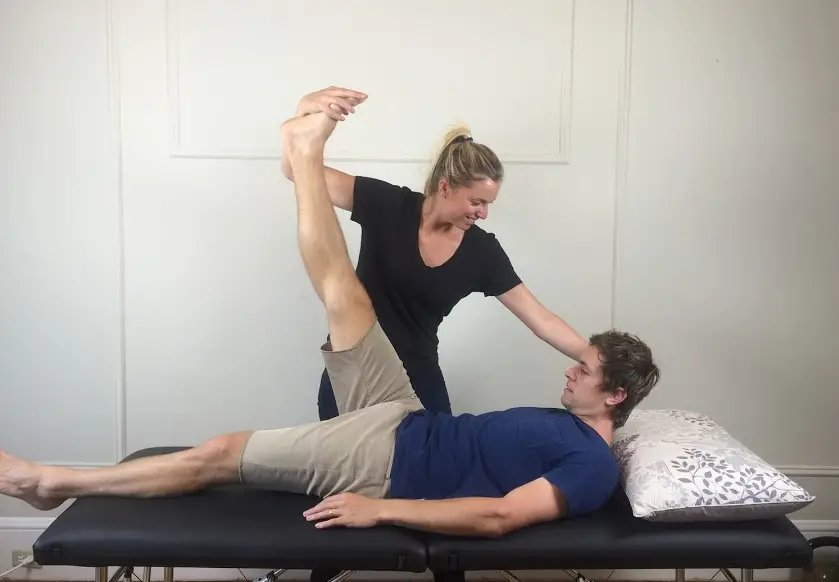Article reviewed and approved by Dr. Ibtissama Boukas, physician specializing in family medicine
La discectomy is an operation often used in the treatment of herniated discs. This is especially true when conservative modalities (such as medication, injections or physical therapy) have proven ineffective.
On the other hand, the recurrence of herniated disc following discectomy is a recurrent problem, with reported recurrence rates ranging from 2% to 25%. When it occurs, the recurrence of herniated disc is a source of disabling pain. Unfortunately, a second operation is sometimes necessary to correct the problem.
This article explains everything you need to know about herniated disc recurrence, from its exact definition to its management based on the latest scientific evidence.
Definition
Generally, the symptoms of a herniated disc can be managed conservatively, and have a favorable prognosis. On the other hand, some cases require surgery, especially when alarming signs are noted.
To know everything about herniated disc, see the following article.
In terms of surgery, discectomy is the most commonly used procedure in the treatment of herniated disc. Although it generally offers good results, it is possible that the herniated disc will reappear some time after the operation. We then speak of a recurrence of herniated disc when the patient initially observed a cure of his condition, but the return of the preoperative symptoms occurred within 6 months. Reported recurrence rates range from 2% to 25%.
By making a medical imaging (such as an MRI or CT scan), we can observe a reappearance of the herniated disc in the same place as before, or on the opposite side of the disc. It should be noted that the same disc must be affected in order to speak of recurrence, even if the symptoms are different from those experienced before the first surgery.
Risk factors
Many factors have been linked to the recurrence of post-discectomy disc herniation. On the one hand, there are hereditary, biomechanical and anatomical factors that put some patients at greater risk of developing disc disease. As these are non-modifiable factors, it is difficult to act preventively on these factors. For example, it has been proven that men are more at risk of herniated disc recurrence compared to women.
On the other hand, there seem to be modifiable factors that could reduce the risk of recurrence of herniated disc. Although other studies are needed to corroborate this relationship, here are the elements that should be considered to reduce the risk of complications:
Smoking
Some studies have shown that smokers have a post-surgical hernia recurrence rate of 18,5%, which is found to be much higher compared to non-smokers.
The possible mechanism underlying this association could be due to the adverse effects of smoking on oxygenation and vascularization of the intervertebral disc, the healing process in general, and tissue healing.
Obesity and overweight
According to a study assessing the risk of herniated disc recurrence after discectomy, patients with a body mass index (BMI) greater than 30 were 12 times more likely to develop a recurrent herniated disc, and 30 times more likely to need reoperation compared to non-obese people (Source).
However, the findings of this study must be qualified, because the sample studied was relatively small. Moreover, other studies have failed to demonstrate such a clear correlation.
Diabetes
In one study, researchers reported that those with diabetes had a higher rate of post-surgery herniated disc recurrence compared to non-diabetic patients. The difference was also significant (28% recurrence for diabetics compared to 3.5% for the control group). (Source).
This could be explained by the composition of the intervertebral disc which would be different in diabetic patients compared to those not affected by this condition. Specifically, diabetic discs have been shown to have a lower amount of proteoglycan, a glycoprotein that strengthens the disc matrix.
Thus, this difference could contribute to an increased susceptibility to herniated disc recurrence in diabetics. However, it should be noted that further studies are needed before establishing a definitive relationship between diabetes and herniated disc recurrence.
Initial surgery
If the recurrence of herniated disc occurs after a first operation, it may be that the initial surgery as such is related to the risk of recurrence.
Logically, one might think that the discectomy (excision of the injured disc) should be minimal to preserve the integrity of the disc as much as possible. Moreover, partial discectomies lead to shorter operating times and a quicker return to daily activities.
On the other hand, studies have shown that patient discectomies lead to a greater risk of recurrence compared to a more aggressive discectomy. (We even talk about 8.7% vs. 3.3% recurrences in some studies). It is therefore important for the surgeon to find a balance between optimizing post-surgery healing and minimizing the risk of complications.
Other
Other causes of herniated disc recurrence include:
- a new herniated disc at a different level
- epidural fibrosis
- arachnoiditis
- un narrow lumbar canal (video explanation)
- segmental instability.
Management of herniated disc recurrence
Ideally, it would be best to treat the recurrence conservatively. This involves medication, physiotherapy and/or injections.
On the other hand, given that the patients who benefited from an initial surgery did not respond to conservative treatments, experts seem to argue that a second operation to correct the recurrence of herniated disc is the preferred option. Recommended surgical techniques include:
- revision discectomy
- microdiscectomy (or other minimally invasive method)
- lumbar arthrodesis
To determine the optimal approach, consider factors such as surgeon preference, presenting symptoms, presence of irradiation in the legs, radiographic evidence of instability, and history of herniated discs. To date, there is still no consensus on the surgical intervention to prioritize in the event of recurrence of herniated disc.
Prevention: How to avoid recurrence?
Here are some general tips to follow after surgery, or simply to maintain good lumbar hygiene:
- Pay special attention to your lumbar region when it comes to heavy lifting, being careful not to overload your back.
- Avoid prolonged static positions, whether sitting, standing, etc.
- Promote a sleeping position which does not increase the pain. Use pillows to increase your comfort as needed.
- Maintain a healthy weight, as obesity and being overweight have been linked to herniated disc recurrences.
- For smokers, consider cutting down or quitting smoking, as smoking is correlated with herniated disc recurrence.
Projects
- https://www.hkmj.org/abstracts/v23n3/258.htm
- https://www.ncbi.nlm.nih.gov/pmc/articles/PMC6448208/

